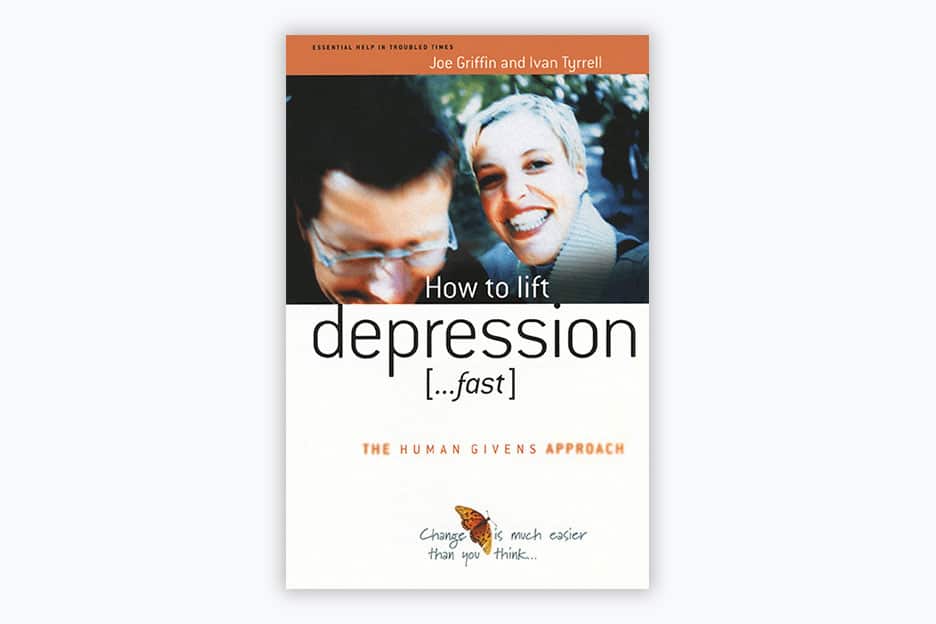Psychosis Is Not Always What It Seems
For clinicians, curiosity is essential.
Key points:
- Psychosis does not always arise because of poor mental health.
- Writing a prescription does not always sort out a problem and can sometimes worsen it.
- Listening more closely to a patient can enable a doctor to determine the correct diagnosis.
I first saw Clem when she was with her mother, a former neighbour of mine, in the supermarket where I was shopping. I was pleased to see my former neighbour and we stopped briefly for a chat, but I was struck by the vacant, glassy-eyed look on her daughter’s face and the stiff way she carried herself. When her mother, who knew I was a therapist, asked if she could give me a call, I assumed my hunch about Clem’s mental health was correct.
I soon learned that Clem had experienced a major psychotic episode six months earlier. Completely out of character, she had behaved in a highly inappropriate manner (details were not divulged) and ended up being sectioned. She was now on high doses of an antidepressant, an antipsychotic, and an anti-epileptic drug used often for extreme anxiety. Normally bright, bubbly, and efficient, she was on extended sick leave from her job as a school bursar.
This article was first published on Psychology Today, and was written by Denise Winn.





